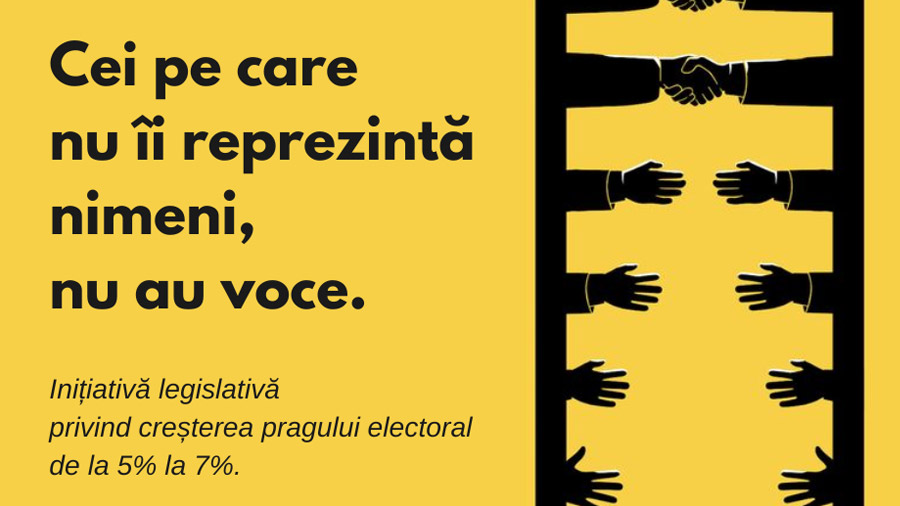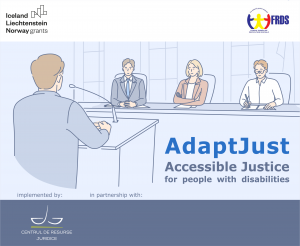A bill submitted at the Chamber of Deputies on Wednesday proposes raising the minimum electoral threshold to enter parliament from 5% of the total number of votes cast to 7% and to 10% from 8% for electoral or political alliances. In principle, imposing a minimum electoral threshold for access to parliament must be based on purely practical reasons and can be justified by the need to avoid political fragmentation, which could, in extreme cases, lead to legislative deadlock. In essence, any kind of threshold represents a limitation on the right of citizens to representation, which is why such a limitation must be necessary in a democratic state and proportionate to the pursued aim.
Is the proposed law necessary and proportionate to the pursued aim, i.e. is it appropriate? An electoral threshold of 7% is very high and risks depriving a large number of citizens of the opportunity to send to parliament the representatives to whom they give their vote, regardless of their ethnicity or state of vulnerability, thereby undermining the democratic process. However, if the immediate result of this law is to remove from the legislature a party that represents citizens belonging to a national minority, we can ascertain that we are dealing with the undermining of that minority’s participation in political life. In essence, no party representing citizens belonging to a national minority will ever be able to gather enough votes to enter parliament: the majority has no interest in voting for such a party, and there are too few people in the national minority represented by said party. The initiative in itself is a serious attack on the right to representation of citizens belonging to national minorities.
What would be the effects of such a law on the democratic process? What would be the benefits of leaving a 6% minority, in this case the Hungarian minority in Romania, outside the parliament? First of all, leaving such a large national minority without the possibility to defend its interests and fundamental rights in the legislature through administrative levers is a serious act of discrimination, with long-term implications, including on social peace. The Hungarian minority in Romania still needs guarantees that its rights are respected by the authorities in Bucharest, so it must be able to send representatives to the Romanian Parliament. Such a law also risks undermining the Hungarians’ sense of belonging to the Romanian political community, substantially alienating them. In the long term, especially in the context of regional instability, this kind of approach risks provoking a major inter-ethnic conflict.






